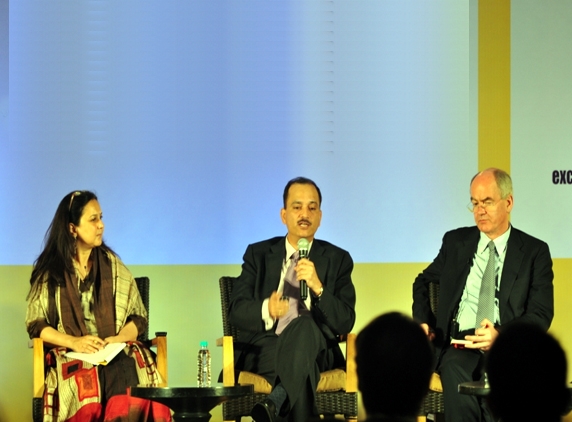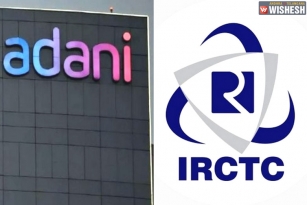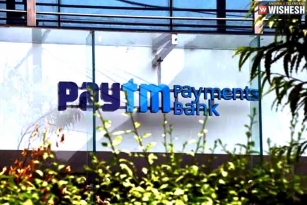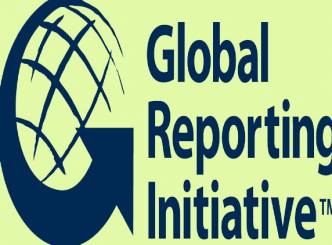Corporate Sustainability Reporting - An Emerging Area for Corporate Sustenance (Part I)
March 26, 2012 15:51
Sustainability reporting is an emerging area in the field of Corporate Reporting. This framework imposes upon the corporate to disclose their sustainability strategy in pre-defined framework apart from the financial numbers at the end of the financial year.
The reporting framework called as the Global Reporting Index (GRI) enlists the various criteria to measure the performance of the corporate entity and the reporting guidelines. The framework is divided into economic, environmental, social and governance performances that form the four key areas for sustainability measurement and reporting.
The Reporting Framework also include the Reporting Guidelines, Sector Guidelines, performance measurement guidelines that enable greater organizational transparency about economic, environmental, social and governance performance. This transparency and accountability builds stakeholders’ trust in organizations, and can lead to other benefits such as “Principles for responsible environmental conduct”. This concept is of much importance for corporate to understand and communicate their sustainability performance.
GRI’s is a multi-stakeholder, network-based organization. Its Secretariat is headquartered in Amsterdam, the Netherlands. The Secretariat acts as a hub, coordinating the activity of GRI’s many network partners. GRI has Focal Points – regional offices – in Australia, Brazil, China, India and the USA. Its global network includes more than 600 Organizational Stakeholders – core supporters – and some 30,000 people representing different sectors and constituencies.
GRI also enjoys strategic partnerships with the United Nations Environment Programme, the UN Global Compact, the Organisation for Economic Co-operation and Development, International Organization for Standardization. International working groups, stakeholder engagement, and due process – including Public Comment Periods – help make the Guidelines suitable and credible for all organizations.
History
The roots of GRI are found as early as 1990’s in Boston where the US based nonprofit organisation “the Coalition for Environmentally Responsible Economies (CERES) and the Tellus Institute”. The target audience was the Investors at first which was then expanded to include other stakeholders over a period of time. In 1998, the framework’s scope was broadened to include social, economic, and governance issues. GRI’s guidance became a Sustainability Reporting Framework, with Reporting Guidelines at its heart.
The first version of the Guidelines was launched in 2000. The second generation of Guidelines, known as G2, was unveiled in 2002 at the World Summit on Sustainable Development in Johannesburg. In 2002 GRI was formally inaugurated as a UNEP collaborating organization. The uptake of GRI’s guidance was boosted by the year 2006 that witnessed the launch of the current generation of Guidelines, G3. Over 3,000 experts from across business, civil society and labor participated in G3’s development.
After G3 was launched, GRI expanded its strategy and Reporting Framework, and built powerful alliances. Sector-specific guidance was produced for diverse industries in the form of Sector Supplements (now called Sector Guidelines). Educational and research and development publications were produced, often in collaboration with academic institutions, global centers of excellence and other standard-setting bodies. GRI’s services for its users and network expanded to include coaching and training, software certification, guidance for small and medium sized enterprises in beginning reporting, and certifying completed reports.
The writer is a Company Secretary and can be reached at This email address is being protected from spambots. You need JavaScript enabled to view it.
















